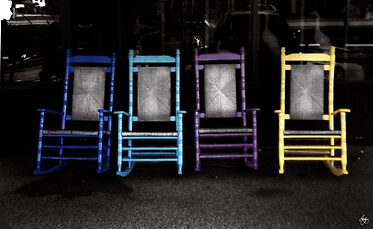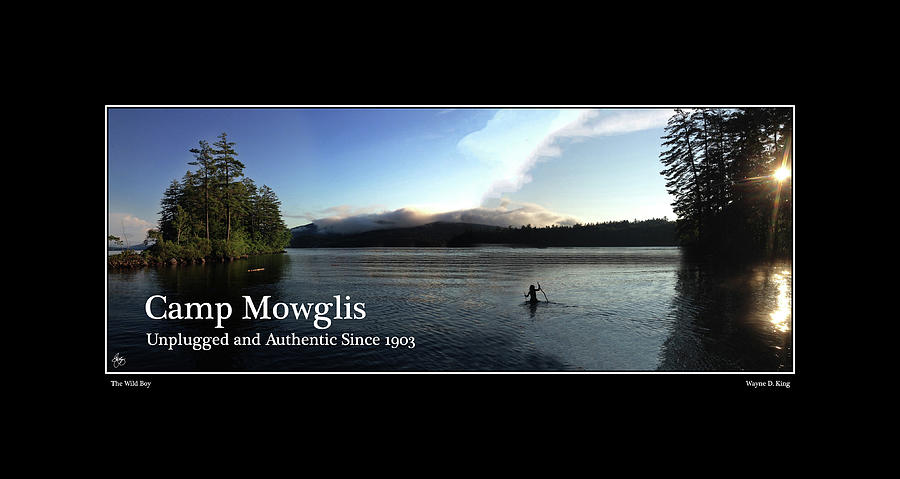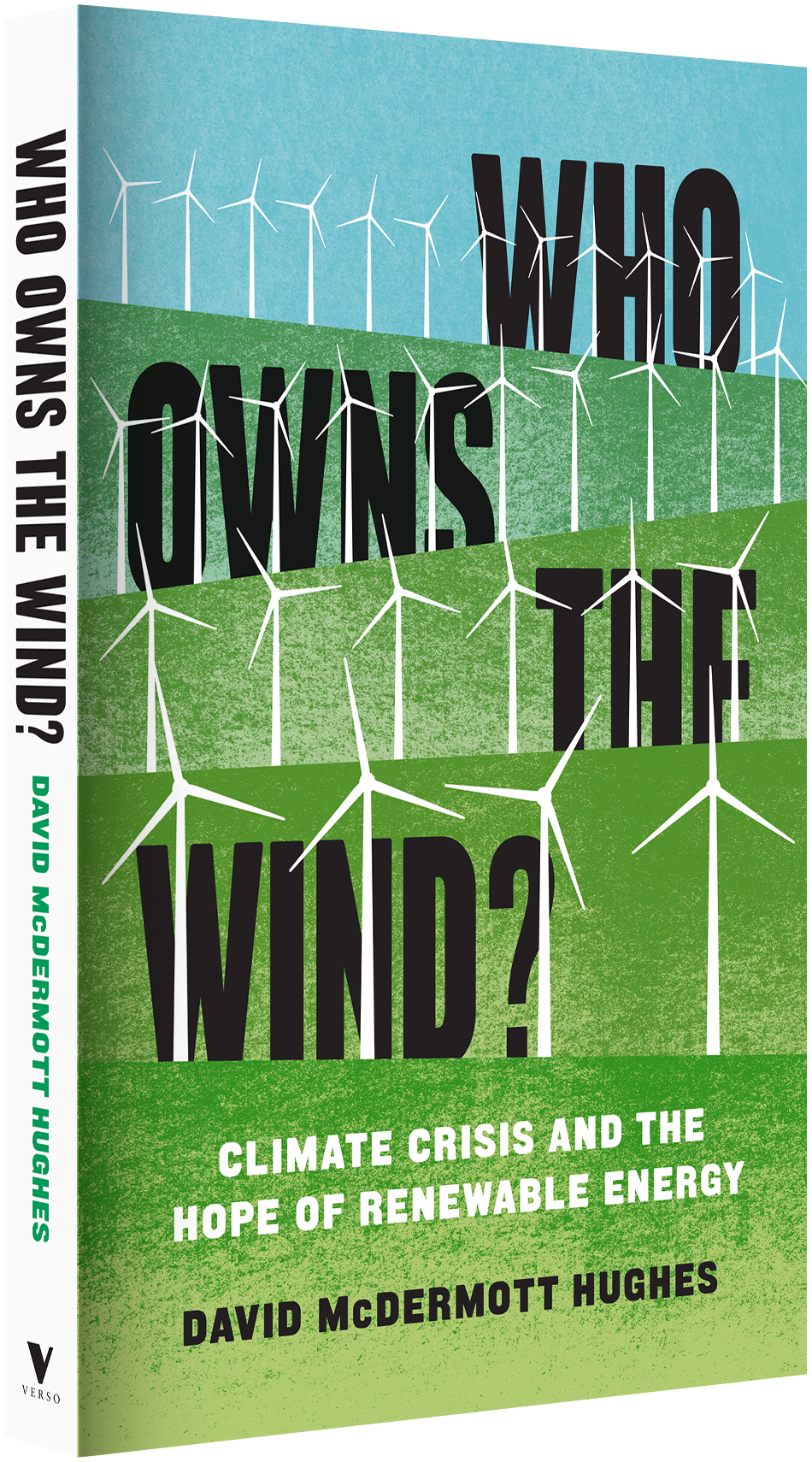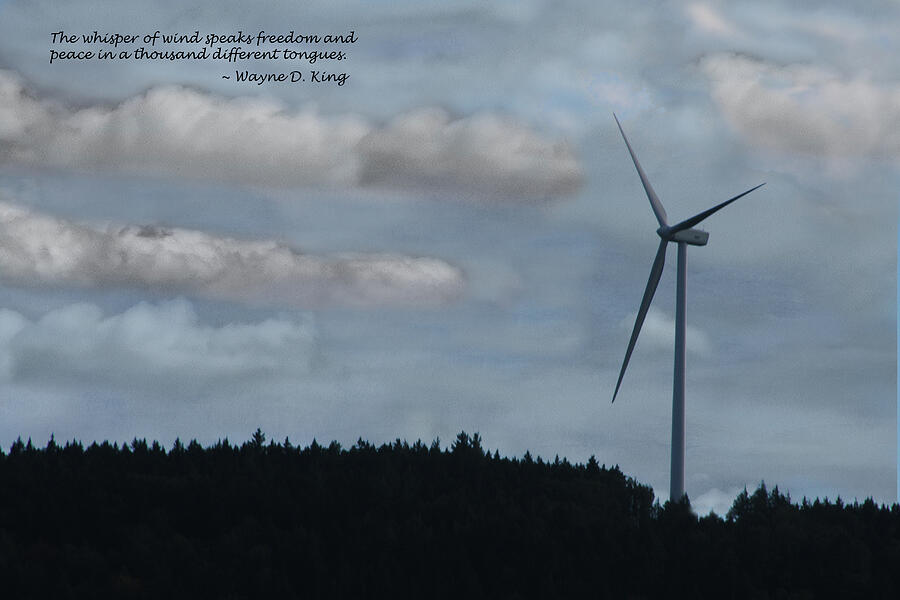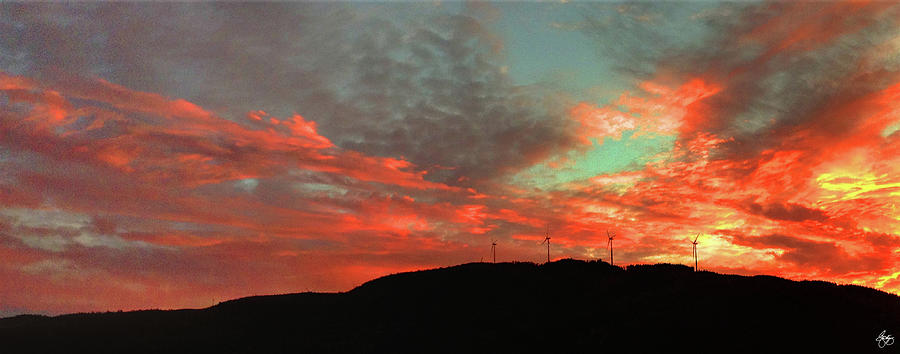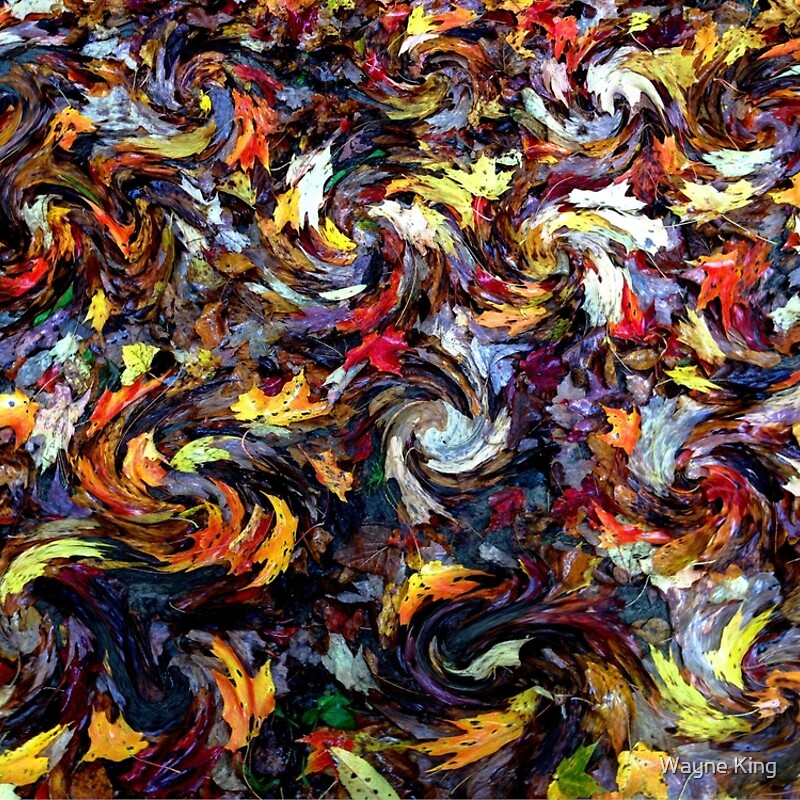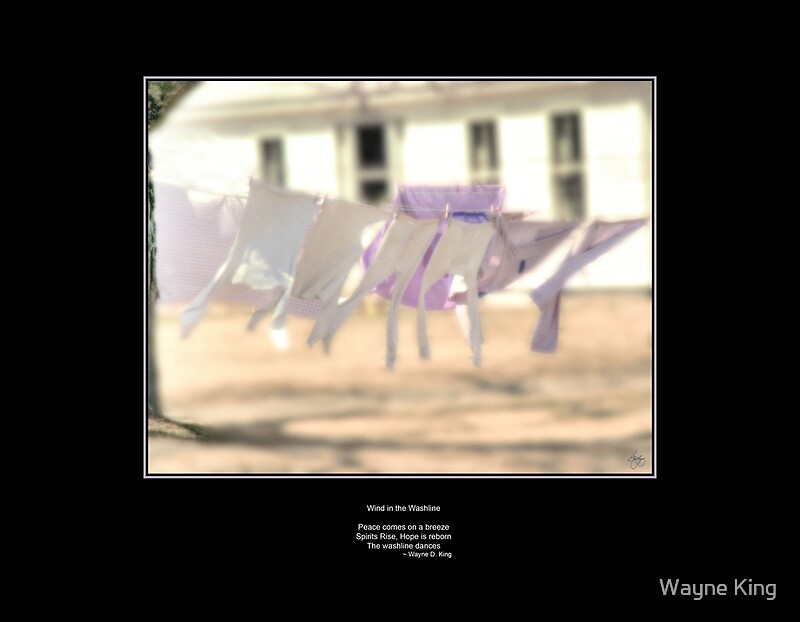%20Scott%20R.%20Kline%20_3K.jpg) |
| Professor Joel Richard Paul |
.jpg) |
| Purchase Indivisible Daniel Webster and the Birth of American Nationalism |
Daniel Webster was at the center of the great issues that defined his times. He was opposed to slavery, vehemently opposed the Indian Removal Act - that ended in the notorious and, illegal, Trail of Tears - with fellow congressman Davy Crockett; argued consistently for freedom of religion and the protection of religious minorities. Yet even today an ambivalence exists about him that reflects a judgment of him based on current standards.
In his book Indivisible: Daniel Webster and the Birth of American Nationalism, historian Joel Richard Paul seeks to draw our attention to the two most abiding principles of Webster: Freedom - that drove his belief that slavery was wrong, and Union, without which securing freedom for slaves in the southern states would not be possible and without which America could not fulfill its most promising ideals.
Paul makes a convincing case that Webster was the force that gave birth to the to the belief that we were Americans, not merely Virginians, or Pennsylvanians or New Hampshireites; That the Constitution of the United States was the thread that wove us together and gave us common cause.
Joel Richard Paul is a Professor of Constitutional and International Law, University of California Hastings College of the Law; Author, Indivisible: Daniel Webster and the Birth of American Nationalism

